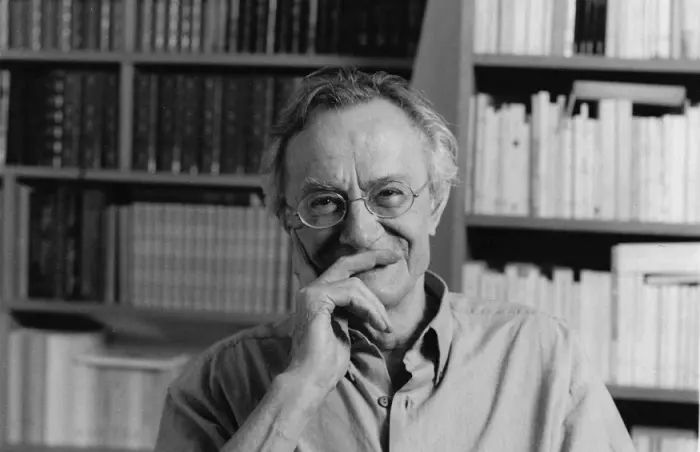
1/

1/
1/

1/
ethu.research.vub.be/conference-c...

recruit.ap.uci.edu/JPF09897

recruit.ap.uci.edu/JPF09897
www.cam.ac.uk/jobs/assista...
www.cam.ac.uk/jobs/assista...
www.jobs.gla.ac.uk/job/research...
www.jobs.gla.ac.uk/job/research...

We explore his journey through interdisciplinary spaces, revisit Leviathan and the Air-Pump 40 years on, and explore how credibility, trust and expertise are shaped by the fragmentation of expertise and (recent) political & cultural challenges

We explore his journey through interdisciplinary spaces, revisit Leviathan and the Air-Pump 40 years on, and explore how credibility, trust and expertise are shaped by the fragmentation of expertise and (recent) political & cultural challenges
1/

1/
1/

1/
1/

1/
1/

1/
1/

1/
1/

1/
1/

1/
1/

1/
1/

1/
1/

1/
We are casting a wide net here: *all* periods, places, and fields are under consideration.
I'm on the search committee, so do let me know if you have questions.

philjobs.org/job/show/29502
philjobs.org/job/show/29506
Areas include phil of social science, Native American philo, phil of race
#philsci #philtech #philjobs
philjobs.org/job/show/29502
philjobs.org/job/show/29506
Areas include phil of social science, Native American philo, phil of race
#philsci #philtech #philjobs

1/

1/
Abstract submission: 7 September 2025 (details on budpt.eu )
Conference: 27-28 November 2025, Budapest University of Technology and Economics
Abstract submission: 7 September 2025 (details on budpt.eu )
Conference: 27-28 November 2025, Budapest University of Technology and Economics
1/
1/
1/

1/

